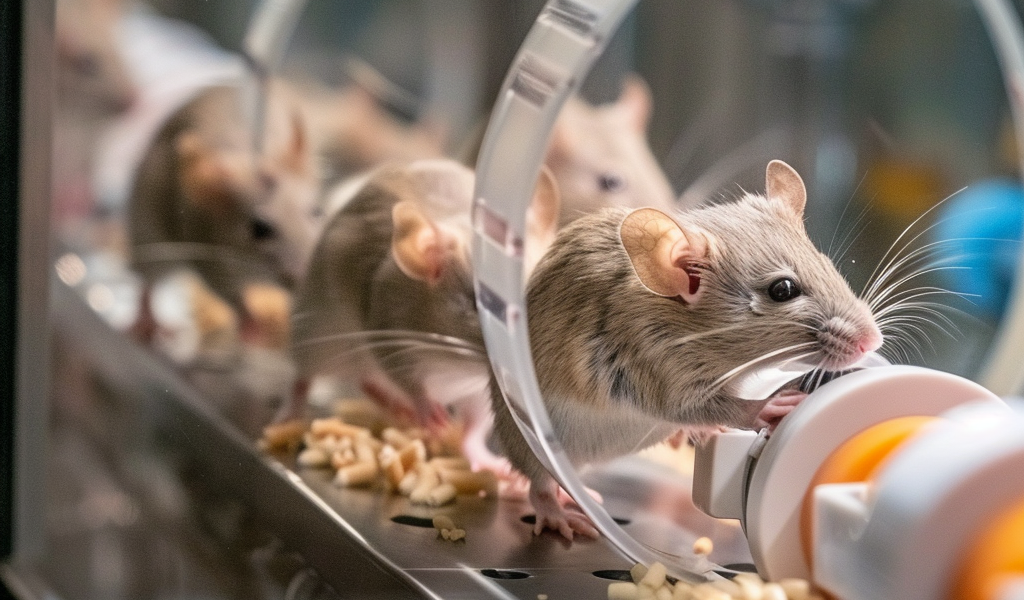A recent study from the University of California, Davis, has revealed promising findings regarding the impact of a ketogenic diet on Alzheimer’s-related memory loss in mice. The research, published in the Nature Group journal Communications Biology, suggests that the ketogenic diet significantly delays the early stages of Alzheimer’s-related memory decline, akin to mild cognitive impairment in humans.
The ketogenic diet, characterized by low-carbohydrate, high-fat, and moderate protein intake, triggers a metabolic shift in the body, leading to the production of ketones for energy. Previous research from UC Davis had already indicated that mice on ketogenic diets lived 13% longer.
Building on this earlier work, the recent study identified beta-hydroxybutyrate (BHB) as a key player in the protective effect of the ketogenic diet against early memory decline. The levels of BHB increased nearly seven-fold in mice on the ketogenic diet, highlighting its potential role in preserving cognitive function.
While the study does not suggest that the ketogenic diet or BHB can eliminate Alzheimer’s, it does offer hope for delaying the onset of the disease. Furthermore, the research noted that female mice experienced more pronounced benefits from the diet, raising intriguing possibilities for gender-specific effects and implications for women at higher risk of Alzheimer’s, particularly those with the ApoE4 gene variant.
Key Findings:
- Ketogenic Diet’s Protective Role: The study indicates that the ketogenic diet, by elevating BHB levels, can delay the early stages of Alzheimer’s-related memory loss in mice.
- Gender-Specific Benefits: Female mice showed greater benefits from the ketogenic diet, suggesting potential implications for women, especially those with the ApoE4 gene variant linked to higher Alzheimer’s risk.
- Future Research Directions: The findings pave the way for further exploration of the ketogenic diet’s impact on healthy aging and Alzheimer’s prevention, with a focus on investigating the effects of BHB supplementation and the diet’s neuroprotective mechanisms.
The research team at UC Davis is optimistic about the implications of their findings for healthy aging and intends to pursue future studies to delve deeper into the subject. The potential impact of the ketogenic diet on Alzheimer’s-related memory decline offers new avenues for research and underscores the importance of understanding the role of BHB in neuroprotection.





